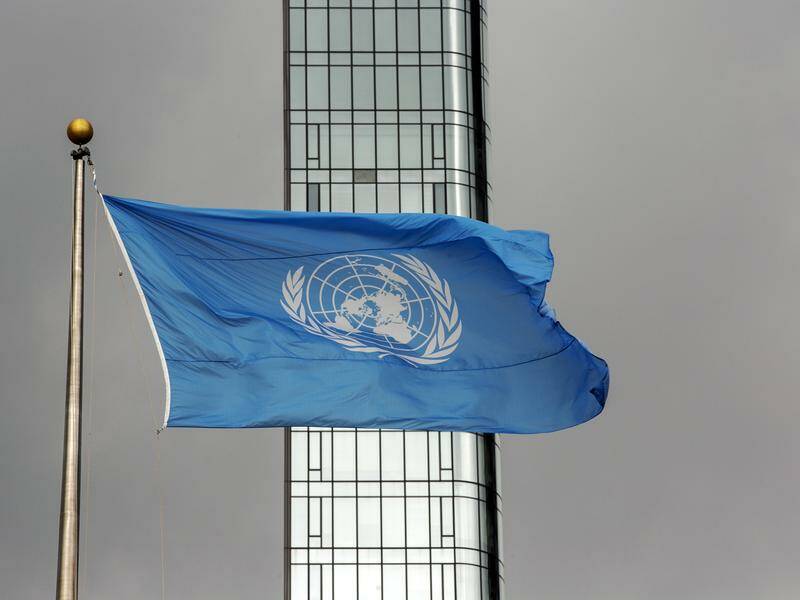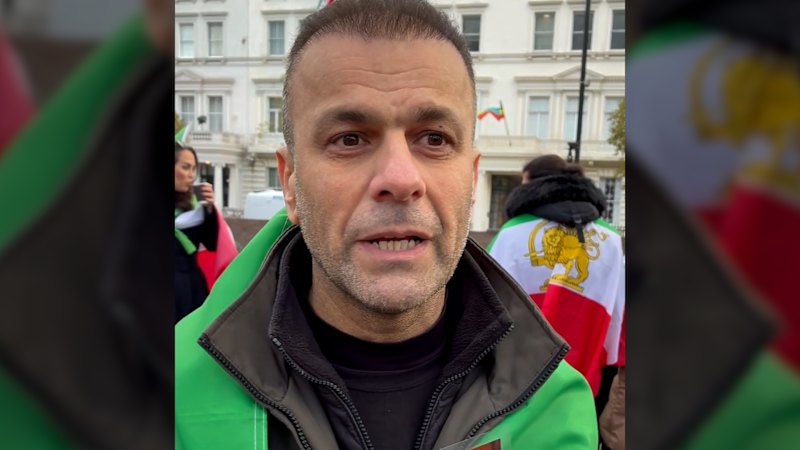
Negotiations between Iran and the International Atomic Energy Agency (IAEA) have led to significant progress regarding the resumption of nuclear site inspections. The agreement was reached in Cairo during a meeting involving Rafael Grossi, the head of the IAEA, and Abbas Araghchi, Iran’s Foreign Minister, with mediation from Egyptian Foreign Minister Badr Abdel-Atti.
Following the discussions, Grossi announced on social media that a framework agreement had been established “on practical modalities to resume inspection activities in Iran.” He characterized this development as “a step in the right direction that opens the door for diplomacy and stability.” Specific details concerning the nature of the agreement have not been disclosed.
In Tehran, the Foreign Ministry’s spokesman, Esmaeil Baghaei, informed state television that the Iranian government had reached an understanding with the IAEA regarding “the modalities for dealing with the new situation.” This dialogue is particularly crucial as Iran had previously suspended cooperation with IAEA inspectors in response to military strikes on key nuclear facilities by Israeli and US forces in June 2023.
The IAEA has been actively negotiating with Iranian officials to resume inspections, specifically focusing on over 400 kg of uranium that the agency claims has been enriched to nearly weapons-grade levels. As of now, Iran has not provided information regarding the storage or condition of this material following the military actions.
During a press conference after the talks, Araghchi emphasized the need for “impartiality, independence, and professionalism” from the IAEA. He also warned that any “hostile actions against Iran,” including renewed sanctions, would lead Iran to consider the agreement null and void.
The backdrop to this agreement involves escalating tensions with Western nations, particularly Germany, France, and Britain, who have indicated that they may reimpose UN sanctions unless Iran engages seriously in negotiations regarding its nuclear program. In June, Israel conducted a 12-day military operation targeting Iranian nuclear sites, justified by the Israeli government as a necessary measure against perceived threats from Iran’s nuclear and missile capabilities. This military action has drawn criticism from legal experts, with many arguing it constitutes a violation of international law.
Central to the ongoing nuclear dispute are concerns from Western nations that Iran may be pursuing nuclear weapons, a claim that Tehran has consistently denied. The situation is further complicated by the fallout from the 2015 international nuclear agreement, under which Iran had initially agreed to limit its nuclear program in exchange for sanctions relief. However, the agreement has been in disarray since Donald Trump, during his presidency, withdrew the United States from the accord.
Following the conclusion of the Cairo talks, Badr Abdel-Atti remarked that a “new framework to restore cooperation” between Iran and the IAEA had been established. He highlighted the willingness on both sides to engage in dialogue aimed at rebuilding mutual trust. Nevertheless, he cautioned that “the challenges are not over and the road remains long,” framing the deal as the beginning of a path requiring commitment from all parties involved.
As the situation develops, the international community will be closely monitoring Iran’s compliance and the implications of this agreement on regional stability.






